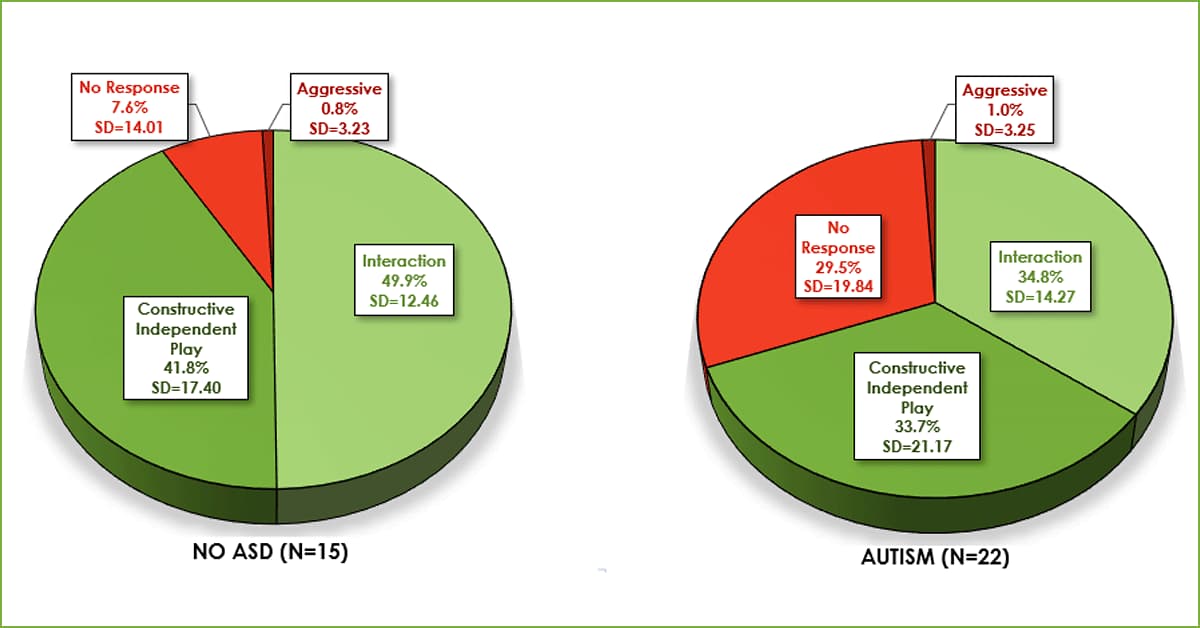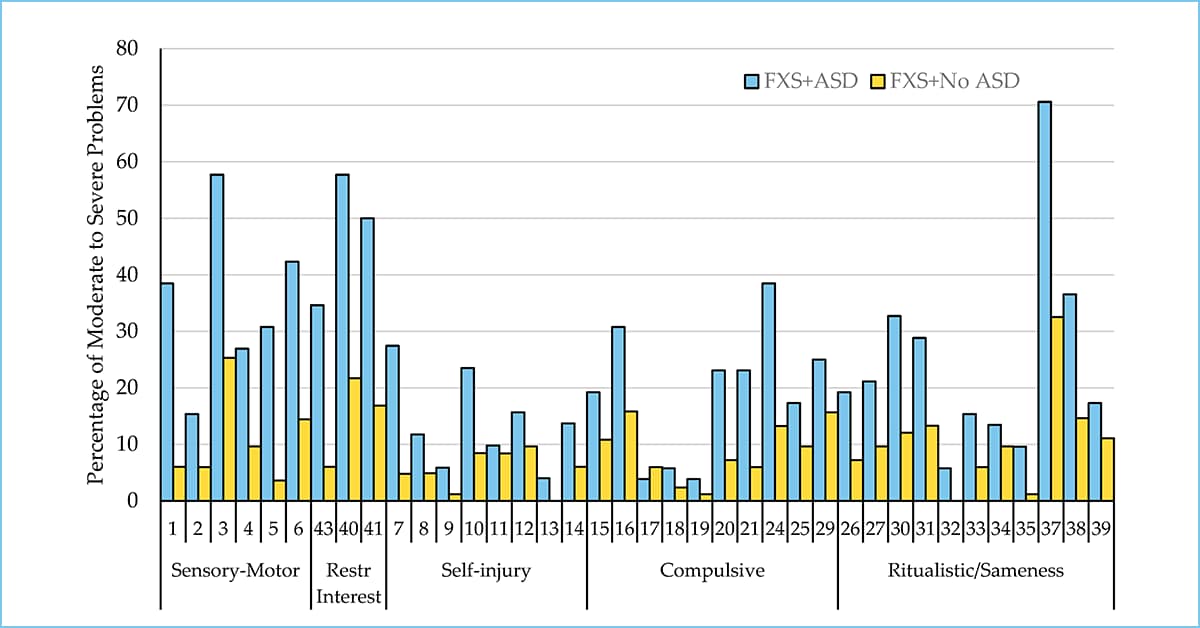We are excited to share journal publications like this one resulting from FORWARD data. There are many more papers currently in development, and the future for Fragile X syndrome research is bright as more data is gathered.
The Future of Fragile X Syndrome: CDC Stakeholder Meeting Summary
Fragile X syndrome (FXS) is the most common known inherited cause of intellectual disability (ID). Males and females with FXS exhibit a wide range of intellectual ability and may experience various degrees of emotional, behavioral, sensory, learning, and social difficulties. In 1991, the gene responsible for FXS was identified on the X chromosome at q27.3 and named fragile x mental retardation 1 ( FMR1 ) gene.1 FXS and fragile X–associated disorders (FXD) are caused by a trinucleotide repeat (CGG) expansion mutation in the promoter region (exon 1) of FMR1 . Affected individuals with the full FXS mutation have >200 repeats. When the full mutation is present, FMR1 methylation occurs during gestation, which causes silencing of gene transcription.2 This in turn leads to a reduction or absence of fragile X mental retardation protein (FMRP), which is needed for brain development and function. Most males with FXS have ID. A small number of males have less impaired function due to methylation patterns or mosaicism. In females, FMRP levels depend on the X activation ratio, or the percent of cells expressing the normal allele on the active X chromosome,3 resulting in a range of normal intellectual ability to moderate ID. Over the past 2 decades, scientists have made significant advancements in identifying and describing genetic, molecular, and cellular underpinnings of FXS, allowing for a more precise diagnosis of this condition.
Riley C, Mailick M, Berry-Kravis E, Bolen J. The Future of Fragile X Syndrome: CDC Stakeholder Meeting Summary. Pediatrics. 2017;139 (Suppl 3):S147‐S152. doi:10.1542/peds.2016-1159B
 About the FORWARD-MARCH Registry & Database
About the FORWARD-MARCH Registry & Database
Since 2012, the CDC has funded four FORWARD Fragile X studies to expand understanding of Fragile X syndrome. The NFXF has been coordinating study efforts since the beginning and has been vital in ensuring its success.
FORWARD-MARCH is the next step and will collect more detailed information from participants to better understand FXS and improve the lives of children and adolescents with FXS and the lives of their families.
Below are more journal publications resulting from FORWARD data.
more from forward
Assessment of Social Interaction in Fragile X Syndrome
FORWARD // An efficient and direct measure of social interactions and autism symptoms is needed for Fragile X syndrome research and clinical care.
Repetitive Behaviors in Fragile X Syndrome
FORWARD // These findings build on the current understanding of RRBs in Fragile X syndrome based on gender and comorbid ASD.



